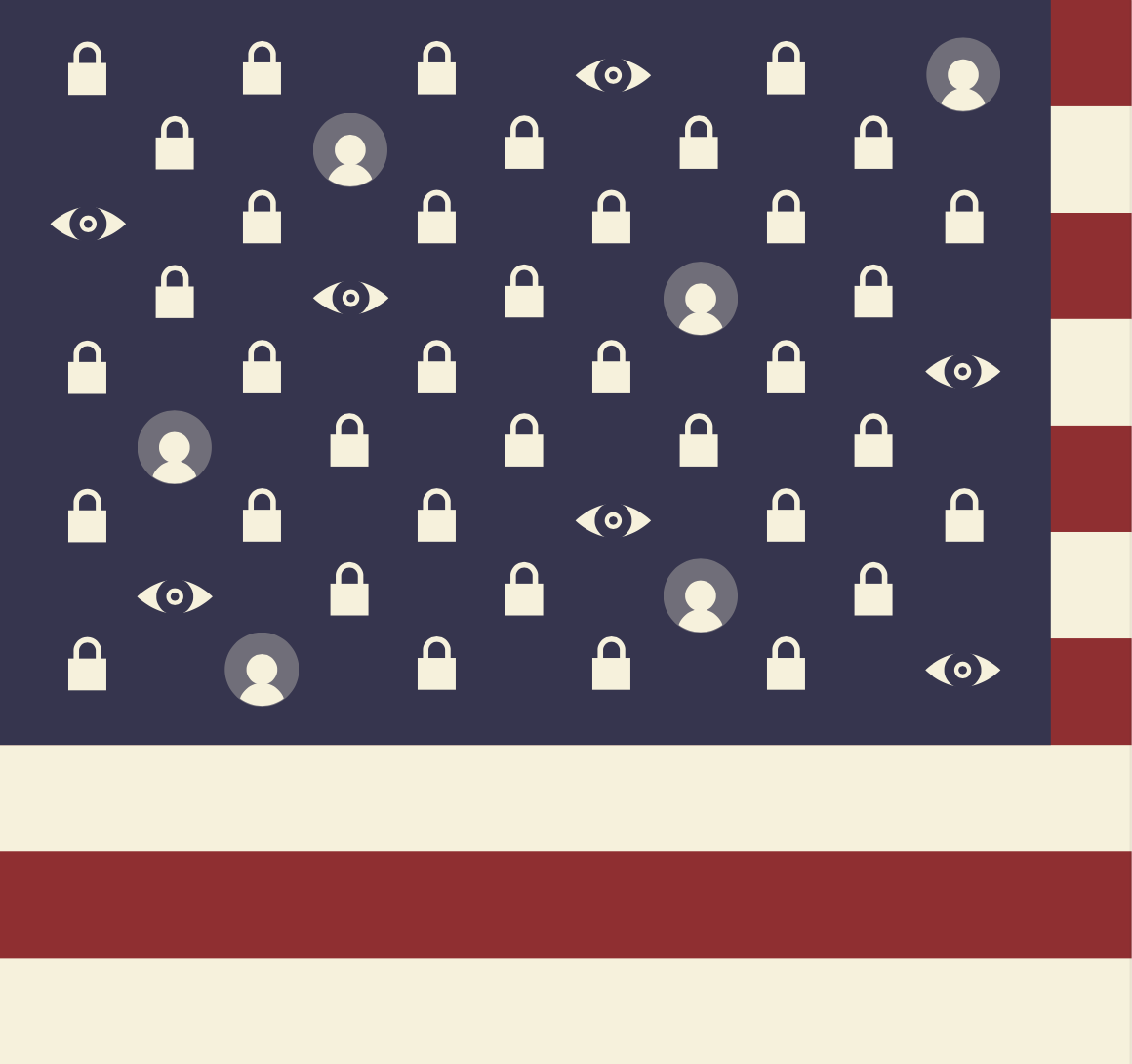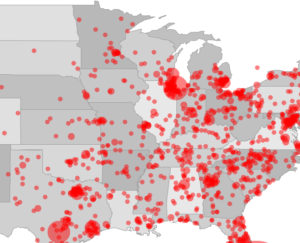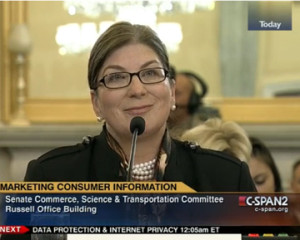Personal Health Records: Conclusion
PHRs that operate outside of HIPAA can negatively affect the privacy interests of consumers in various ways. The best to hope for is that a PHR will not make privacy significantly worse. However, it is not likely that even that weak standard can be met. The existence of electronically available and centralized health information outside the traditional health care system will attract new users and create new risks. The mere adding of health records to a PHR vendor’s files may undermine existing privacy protections of old records. Security is a concern for any electronic records. A consumer’s ability to control the disclosure of PHR records can easily be compromised. The consumer’s ability to correct errors in PHR records may be problematic. Advertising support may not meet a PHR’s profit goals unless at least some consumer information is available for close targeting of ads. Promised PHR privacy protections may vanish overnight if the privacy policy is changed.





